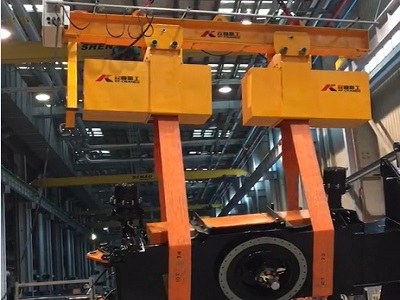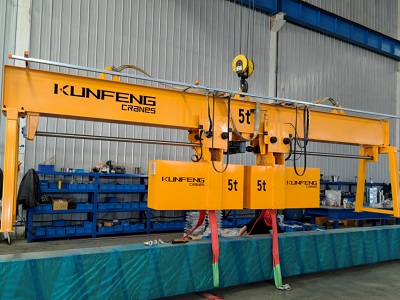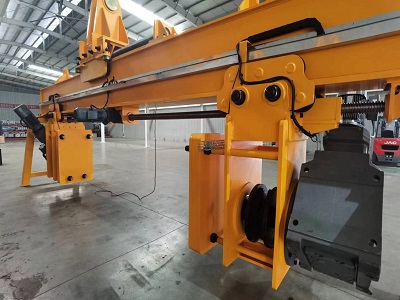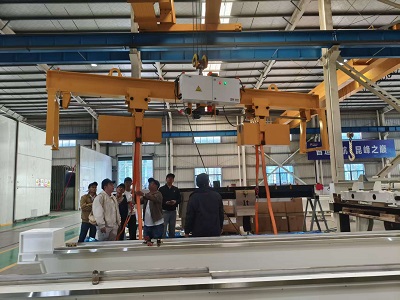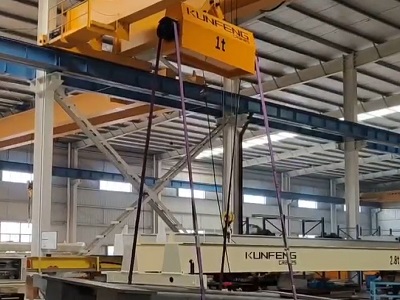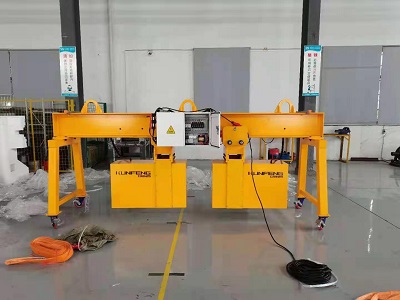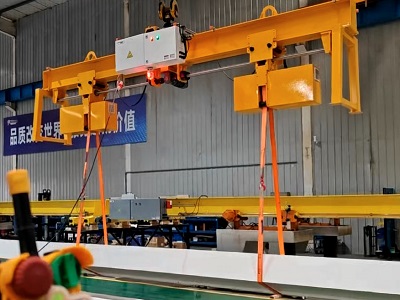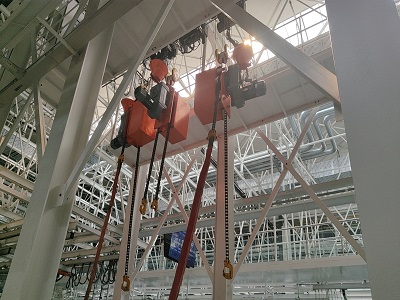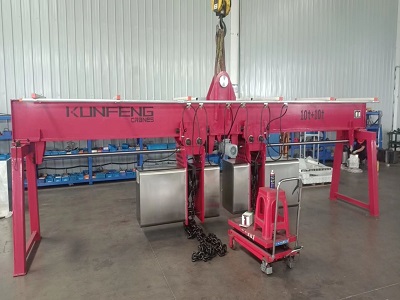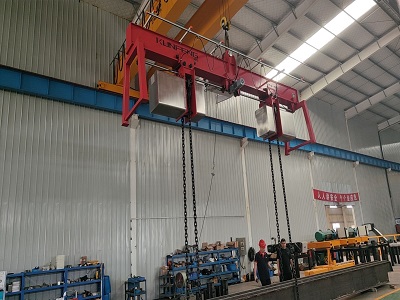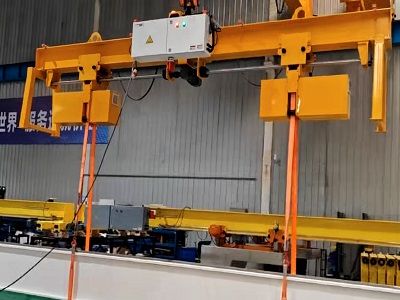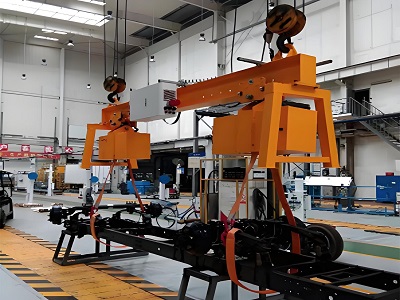With the continuous upgrading of automobile manufacturing technology, the application of automation and intelligent equipment in production lines is becoming more and more extensive, and workpiece positioning and posture adjustment have become key links. As an efficient and precise material handling and positioning equipment, the load rotator can realize 360° rotation of the workpiece, and plays an important role in welding, assembly, painting, testing and other processes in the automotive industry.
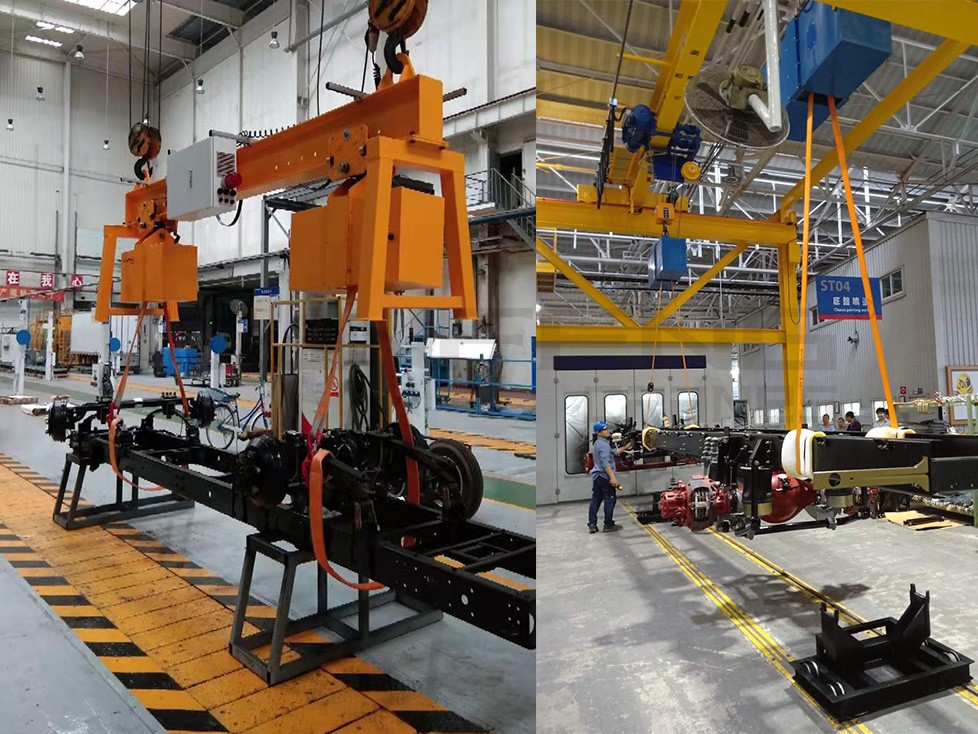
Working principle of load rotator
Precise positioning: can cooperate with the automation system to achieve angle control, with a small error range
High load capacity: suitable for handling automobile parts of different weights
Flexible adaptation: the rotation speed, angle and clamping method can be customized according to the needs of the production line
Main application scenarios in automobile manufacturing
In the body welding process, large parts such as doors, engine housings, and frame sub-bodies need to be spot welded, seam welded and laser welded at different angles. The load rotator is driven by electricity to achieve smooth flipping and rotation of 360° continuous or indexed positions to meet the precise positioning requirements of the welding gun.
In the assembly and painting lines of interior parts, dashboards and chassis parts, assemblers and robots need to complete tightening, dispensing or spraying at the best working angle. The load rotator rotates the workpiece to an ergonomic angle and runs at the same speed as the conveyor line, so that the body exterior parts enter the spray room at a constant angle to achieve uniform coating and high-quality surface effects.
During the assembly process of heavy parts such as engines and gearboxes, the load rotator helps adjust the angle of parts, making it easier for workers to tighten bolts and connect pipes.
In the manufacturing of new energy vehicles, the load rotator is used to flip and position the battery module to ensure assembly accuracy; at the same time, during the motor assembly process, it can assist in the centering installation of the stator and rotor.
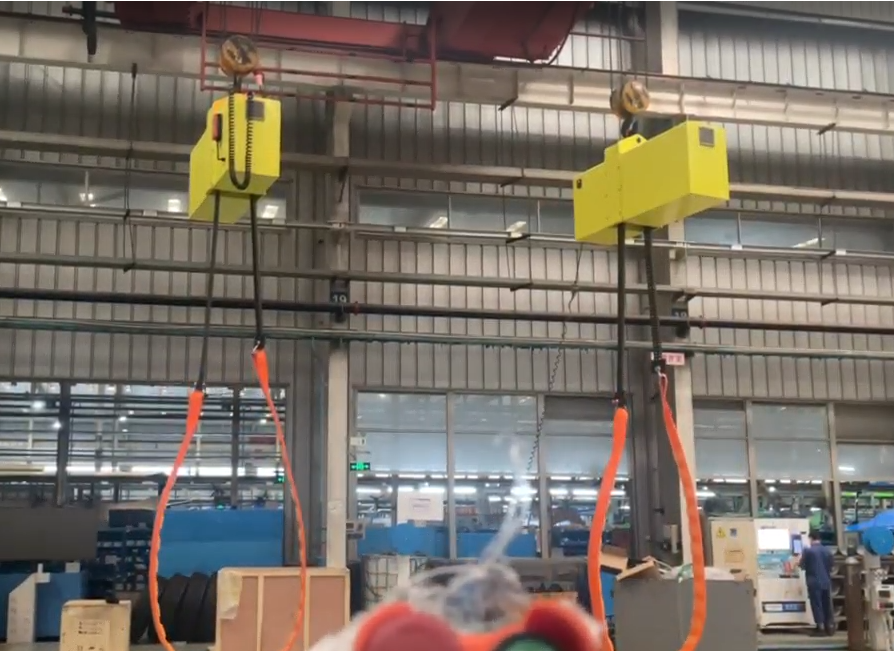
Technology development trend
Combined with the Internet of Things technology to achieve remote monitoring and adaptive adjustment
Use high-strength materials to improve energy efficiency
Linked with AGV, robotic arms and other equipment to create a flexible production line
As a key auxiliary equipment for automobile manufacturing, the load rotator has significant advantages in improving the level of automation and optimizing the production process. If you have customized needs or technical consultations, please contact us to provide you with professional solutions and design services!

